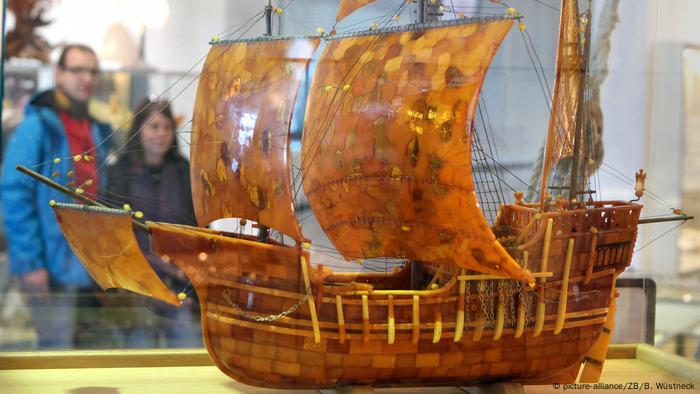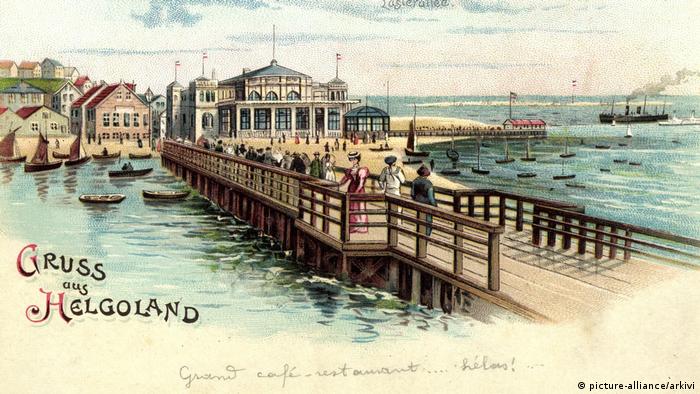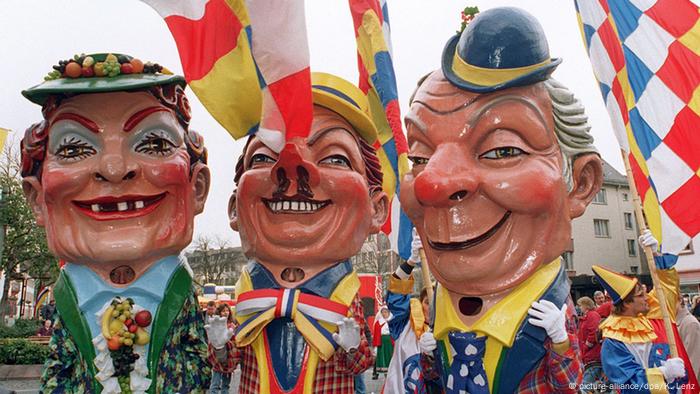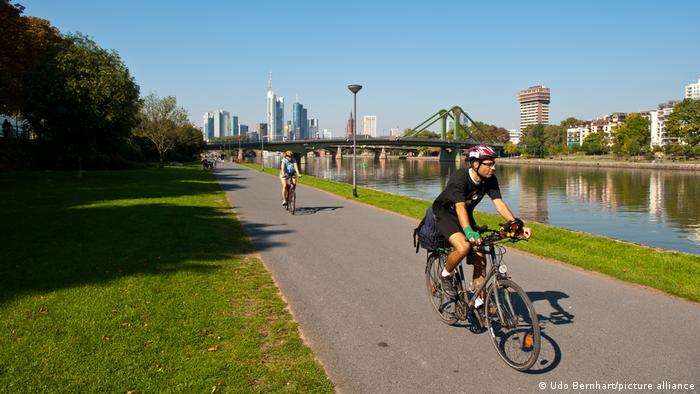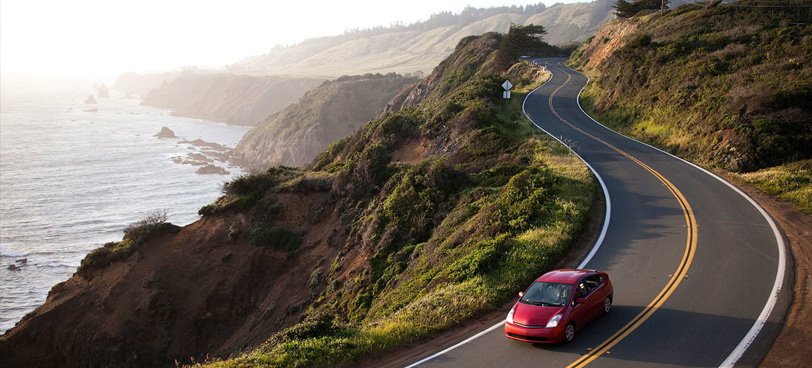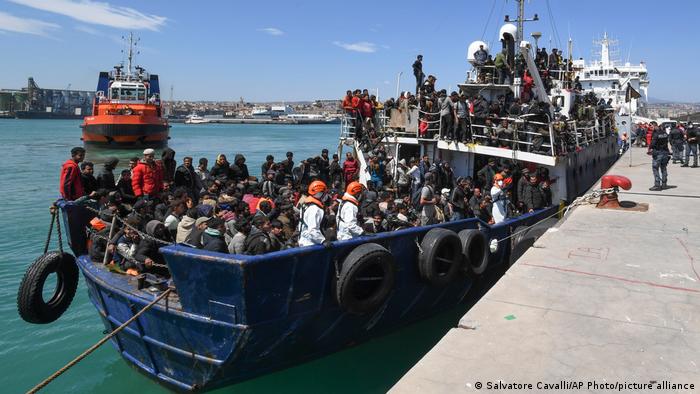Summer, sun, beach, and sea - off to the Baltic Sea! Along its 2,200 kilometers of coastline in Germany, there are plenty of reasons why the Baltic Sea is a favorite travel destination for Germans.
Enjoy the beach and the sea
Those who go on vacation in the Baltic Sea want one thing above all: lying on the beach and swimming in the sea. Best in bright sunshine. The weather certainly can't keep up with that in the Mediterranean, but the island of Usedom is one of the sunniest holiday regions in Germany. The sun shines down from the sky for up to 2000 hours a year.
Relax in a beach chair
The Baltic Sea vacationer's favorite is the beach chair. It protects against sun, wind, and rain. It was invented in Rostock in 1882 by the imperial court basket maker Wilhelm Bartelmann. The noblewoman Elfriede von Maltzahn, who was suffering from rheumatism, commissioned him to make a "seating facility on the beach" - and the idea of ​​the beach chair was born. Today it is impossible to imagine the Baltic Sea without it.
Walk on the piers
Piers are just as much a part of the Baltic Sea as beach chairs. Some are where ferries dock, some are populated with restaurants and shops, and others are populated by anglers. But they all have one thing in common: you have a great view of the sea and the coast from every pier. The longest is in Heringsdorf on the island of Usedom (picture). It leads over 500 meters across the water.
Bathe naked in the sun
Take off your swimming shorts, and your bikini, and get a tan without leaving a mark! This is not a problem on the Baltic Sea, because here are the most nudist beaches in Germany. For many vacationers, this means freedom and pure nature. The phenomenon of nudism comes from the GDR when it was normal to lie naked on the beach and swim in the sea.  
Photograph natural wonders
The coast does not run gently into the sea everywhere. On Rügen, the largest Baltic Sea island, chalk cliffs rise up to 120 meters out of the water. About 70 million years ago, a shallow sea stretched here, which was a habitat for many small animals. Their calcareous shells and skeletons petrified into a 500-meter-thick layer of chalk - the origin of the chalk cliffs of Rügen.
Marvel at ships
Where there is the sea, there are ships. Either you rent a boat and make a sailing trip from the port to port yourself, or you can watch the ships of others from the comfort of the shore. This is particularly spectacular during Kiel Week or at the Hanse Sail Rostock when traditional sailing ships and museum ships proudly display their beauty on the water.
Discover World Heritage
There are many cultural monuments on the Baltic coast. UNESCO also recognized this and included the port cities of Lübeck (picture), Wismar, and Stralsund in the World Heritage List. In all three, the historic city center has been preserved. They are still a testament to how prosperous trade made these cities 800 years ago.
Explore Hanseatic cities
Wismar (picture), Lübeck, and Stralsund belonged to the Hanseatic League. This was a powerful alliance of merchants and towns that secured trade routes at sea and on land. Magnificent sacred buildings, and imposing brick Gothic and medieval townhouses still bear witness to the heyday of the Hanseatic League.
Eat fish
If you travel to the Baltic Sea coast, you can look forward to fresh fish every day. It almost always comes directly from the cutter to the restaurant kitchen, to the market, or to the fish sandwich for a snack between meals. Mainly herring, cod, flounder, eel, and salmon are caught in the Baltic Sea, and perch, carp, pike, and zander in the Bodden waters.
Search for amber
With a bit of luck, you can come across amber while walking on the beach. As early as 10,000 years ago, people made jewelry from fossil resin. To this day, necklaces, bracelets, and works of art such as this ship are made from stones. Collectors on the beaches of Mecklenburg-Western Pomerania, especially on Hiddensee, Rügen, and Usedom, have a good chance of finding amber.

